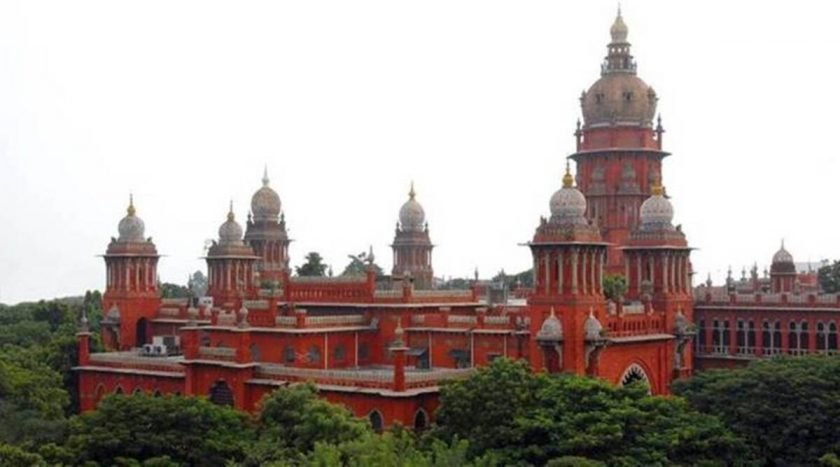All attempts to have a conversation between the counsel and his client would further the cause of justice and make legal help meaningful. ‘
The Supreme Court has directed all Legal Services Authorities/Committees in every State to extend video conference facility between the counsel and the accused or anybody in the know of the matter in every criminal case wherever the accused is lodged in jail.
The bench of Justice Abhay Manohar Sapre and Justice Uday Umesh Lalit, in an order dismissing two Special Leave Petitions, asked all Legal Services Authorities/Committees in every State to extend similar such facility as offered by the Supreme court legal services committee.
In a circular issued in November 2017, the SC Legal Services Committee had resolved that if any advocate is willing to meet the convicts, he can do the same through video conferencing facility available there.
The Supreme court took note of these directives issued by the Supreme court legal services committee when the counsel who was appearing for the accused in two criminal matters sought an adjournment to make arrangements for conducting video conferencing with the concerned accused. While seeking an adjournment, he further stated that this exercise was made mandatory as per the directions of the Supreme Court Legal Services Committee.
On the next hearing day, the counsel informed the bench that he could not get in touch with the accused in the first matter but could speak with his sister whereas in the second matter he could have video conference with the accused.
These two criminal matters were disposed in a single order today. The bench observed: “In our view such a direction on part of the Supreme Court Legal Services Committee is quite commendable and praiseworthy. Very often we see that the learned Advocates who appear in matters entrusted by the Supreme Court Legal Services Committee, do not have the advantage of having had a dialogue with either the accused or those who are in the know of the details about the case. This at times seriously hampers the efforts on part of the learned Advocates.”
The bench further said: “All such attempts to facilitate dialogue between the counsel and his client would further the cause of justice and make legal aid meaningful. We, therefore, direct all Legal Services Authorities/Committees in every State to extend similar such facility in every criminal case wherever the accused is lodged in jail. They shall extend the facility of video conferencing between the counsel on one hand and the accused or anybody in the know of the matter on the other, so that the cause of justice is well served.”





